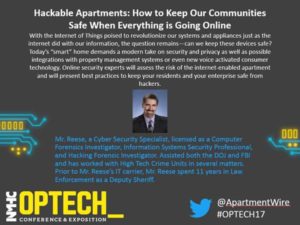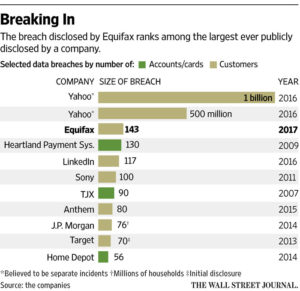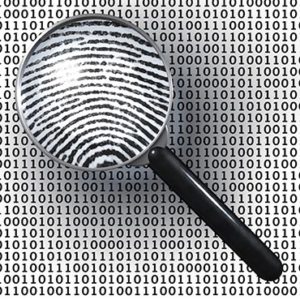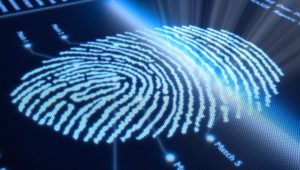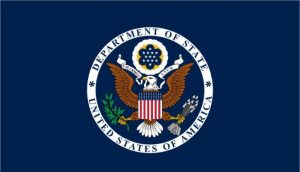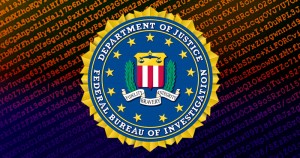Grandkid imposters are managing to finagle a skyrocketing amount of money out of people, the Federal Trade Commission (FTC) warned on Monday.
The FTC says that its Consumer Sentinel Network has noticed a “striking” increase in the median dollar amount that people 70 and older report losing to fraud. When they started to peel back the layers, the Commission found a number of stories that involve people of that age group having mailed “huge” amounts of cash to people who pretended to be their grandchildren.
People from all age groups report having fallen for phoney family and friends: the reported median loss for individuals is about $2,000, which is more than four times the median loss of $462 reported for all fraud types.
But that’s nothing compared with how much money is being bled out of the elderly: those who send cash reported median losses of a whopping $9,000. About one in four of the ripped-off elderly who report that they lost money to a family or friend imposter say that they sent cash: a far higher rate than the 1 in 25 of people who sent cash for all other frauds.
CBS News talked to one man who got scammed in a way that the FTC says is a common ploy.
Slick scripts
It started with a phone call one morning in April, Franc Stratton told the station. The caller pretended to be a public defender from Austin, Texas, who was calling to tell Stratton that his grandson had been in a car wreck, had been driving under the influence, and was now in jail.
Don’t be afraid, the imposter told Stratton: you can bail out your grandson by sending $8,500 in cash via FedEx. It didn’t raise flags for a good reason: Stratton had done exactly that for another family member in the past.
The cherry on top: the “attorney” briefly put Stratton’s “grandson” on the phone. The fake kid sounded injured, so Stratton drove to the bank to get the cash.
Stratton went so far as to go to a local FedEx to overnight the money to an Austin address. But later that night, he said, he and his wife looked at each other and said, Scam!
Fortunately, they came to their senses in time to call FedEx to have the package returned. He got his money back, but Stratton is still frustrated. Of all people, he should know better, he says: he’s retired now, after a career spent working in intelligence, first for the Air Force and later as a cybersecurity programmer.
That’s how slick the scammers are, with their meticulously prepared scripts, and it shows that they know exactly how to put people into a panicked state, where they’re likely to make bad decisions. Stratton said he fell for it “because of the way that they scripted it.”
I’m the last person, I thought, would ever fall for a scam like this.
The FTC says that Americans have lost $41 million in the scam this year: nearly twice as much as the $26 million lost the year before.
Self-defense for grandparents
These scams are growing more sophisticated as fraudsters do their homework, looking you and/or your grandkids up on social media to lace their scripts with personal details that make them all the more convincing.
Grandparents, no matter how savvy you are, you’ve got an Achilles heel: your love for your grandchildren. The fakers know exactly how to milk that for all it’s worth.
The FTC warns that they’ll pressure you into sending money before you’ve had time to think it through. The Commission offers this advice to keep the shysters from wringing your heart and your wallet:
- Stop. Breathe. Check it out before you send a dime. Look up your grandkid’s phone number yourself, or call another family member.
- Don’t overshare. Whatever you share publicly on social media becomes a weapon in the arsenals of scammers. The more personal details they know about you, the more convincing they can sound. It’s one of many reasons to be careful about what you share on social media.
- Pass the information on to a friend. Even if you haven’t been targeted yourself, you probably know somebody who’s either already gotten a call like this or who will.
- Report it. The FTC asks us all to please report these scams. US residents can do so online to the FTC. If you’re in the UK, report scams to ActionFraud.
Please report these scams. Doing so helps the authorities nail these imposters before they can victimize others.



